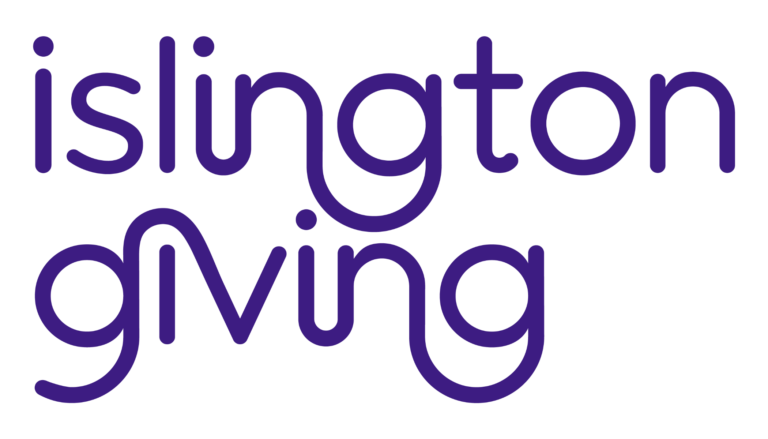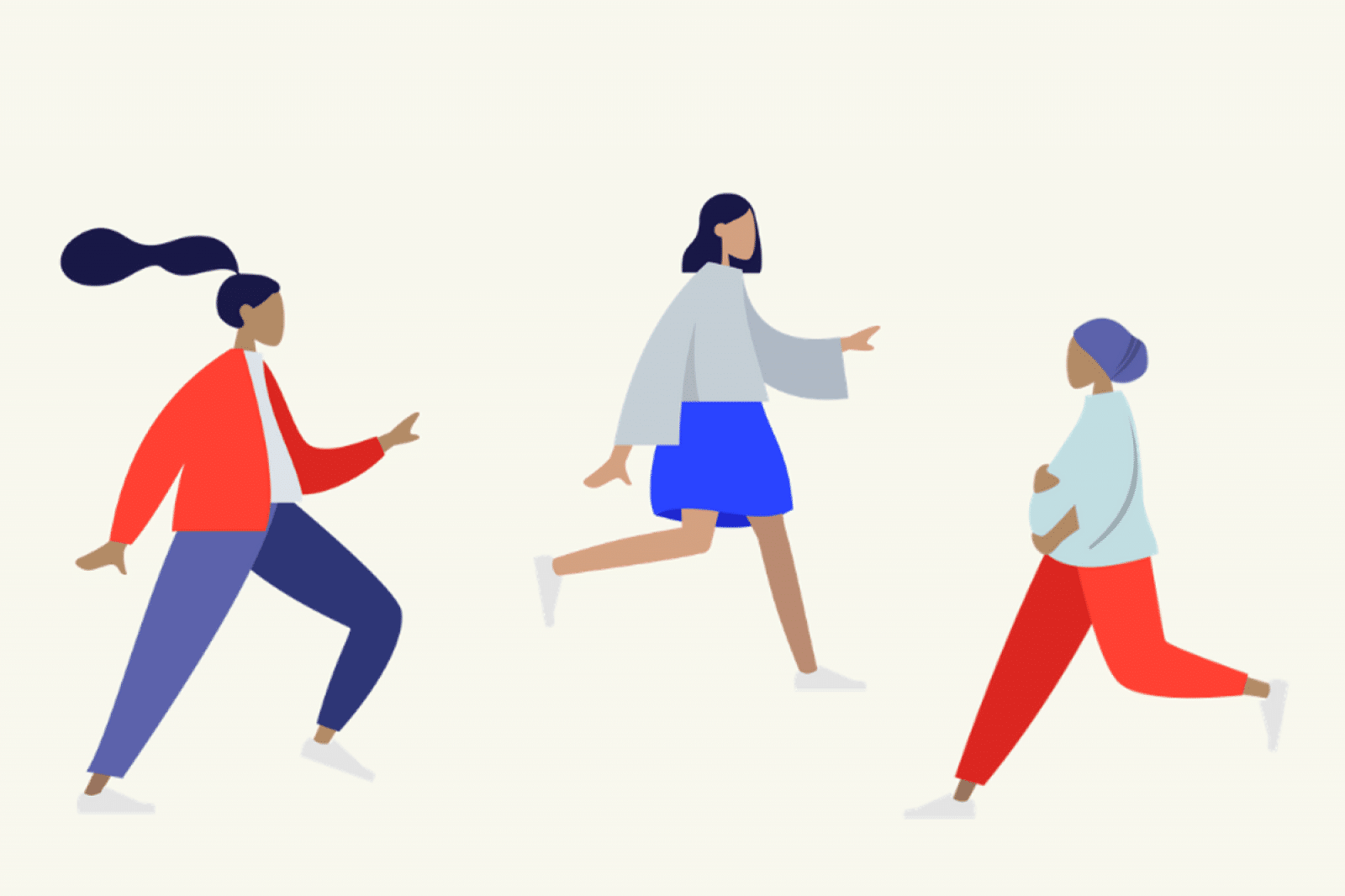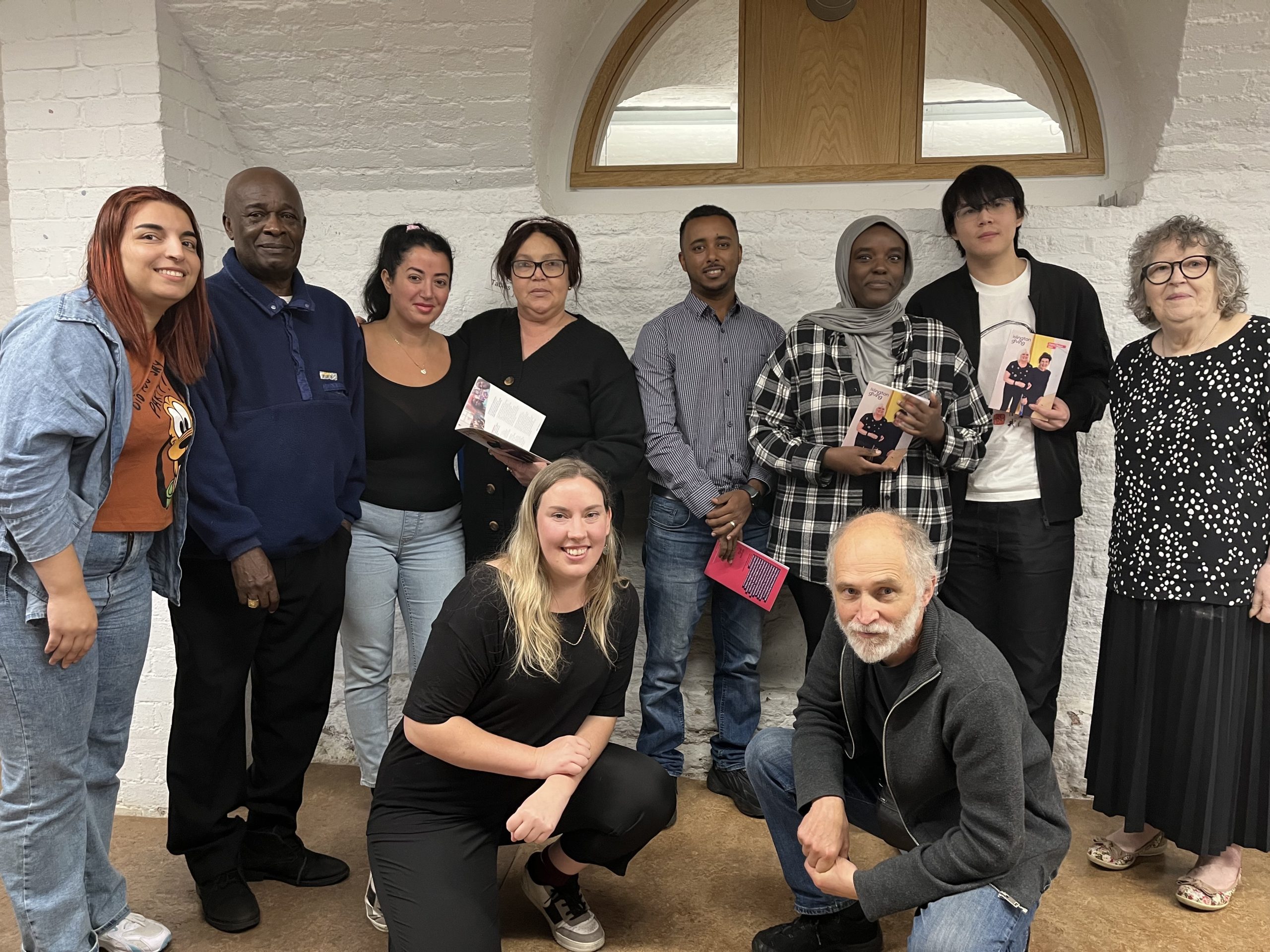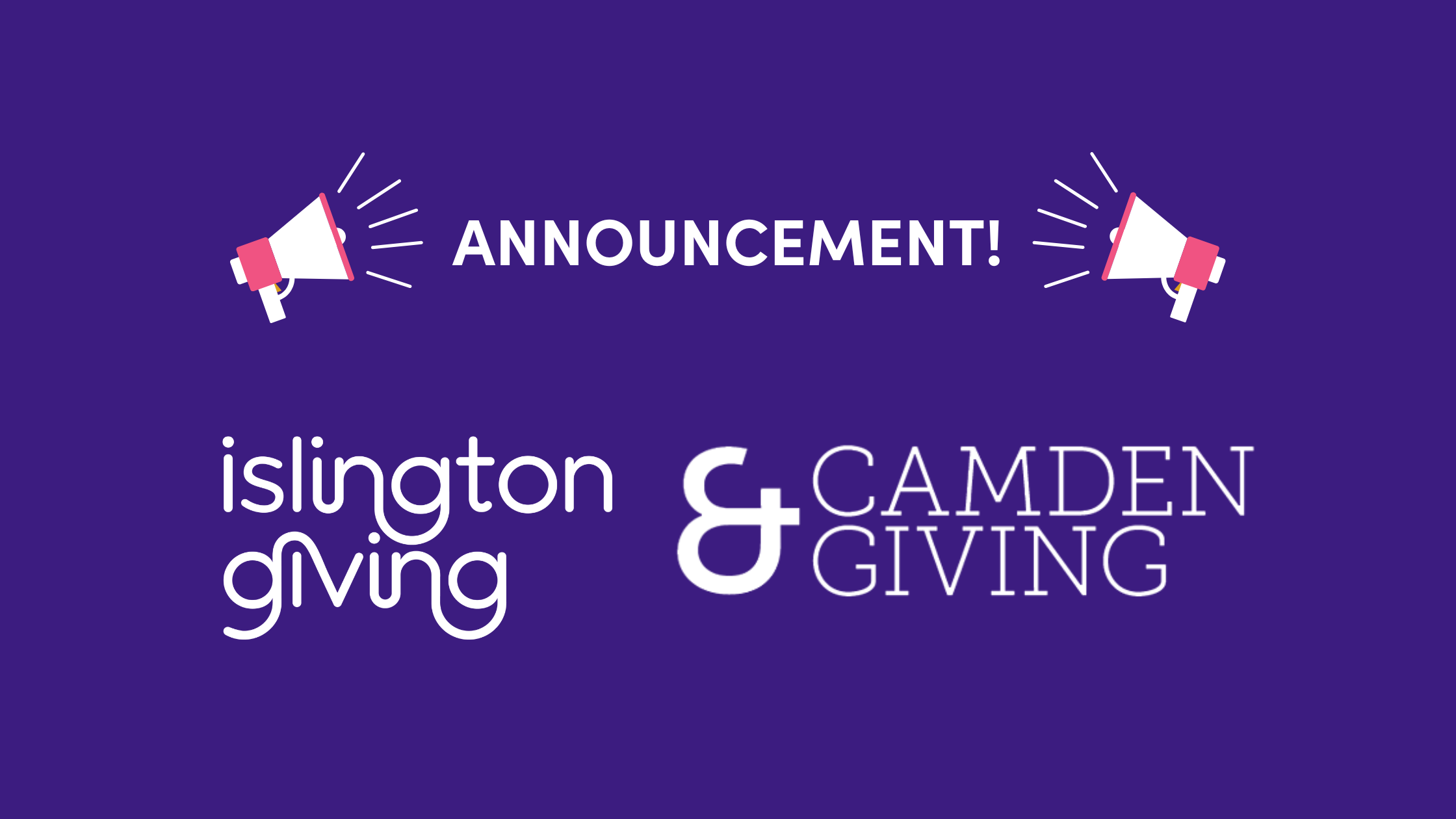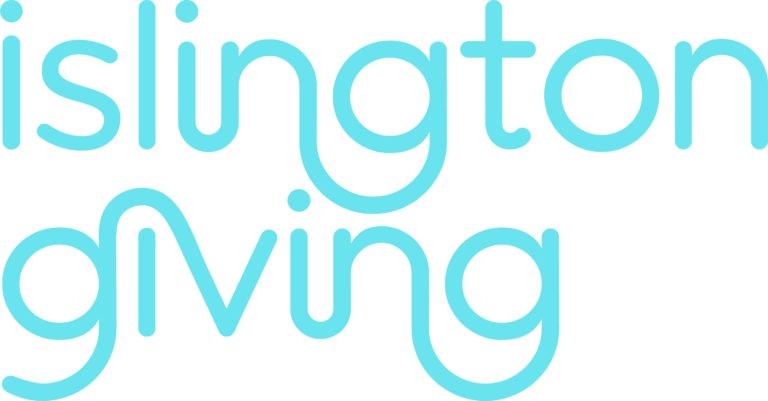International Women’s Day is a day to celebrate women’s rights and the remarkable advances achieved by women throughout history and across nations, but it’s also a day to reflect on the state of gender equality and to call out the many challenges that women and girls still face.
Despite the introduction of national and local strategies to tackle the many forms of Violence Against Women and Girls (VAWG), according to the ’Beneath the Numbers’ report funded by the Mayor’s Office for Policing and Crime (MOPAC), domestic abuse offences have risen by 63% in the last seven years.
1 in 4 women in London experience domestic abuse in their lifetime and in 2019 there were 4,000 reported cases of domestic violence and abuse in Islington, – . According to Islington Council, it’s one of the biggest causes of homelessness and mental health issues in the borough.
As appalling as these reported figures are they don’t reveal the true extent of the problem since domestic abuse often gets unreported and even unnoticed by the victim and their friends and family. Domestic abuse doesn’t necessarily involve visible physical harm but can involve financial or sexual abuse perpetrated by partners, ex-partners or family members of the victim.

Local efforts
The sector has suffered huge cuts throughout the last few years, with a reported 38% average fall in spending by London boroughs on services helping women suffering from domestic abuse, but the good news is that Islington Council has recently committed to invest more than £2 million extra funding to tackle violence against women and girls.In addition,Islington has a vibrant and dynamic voluntary and community sector that supports women through difficult times, and at Islington Giving we’re proud to work closely with them.
Solace Women’s Aid
Solace Women’s Aid works with women and children who have been affected by domestic and/or sexual violence in Islington and beyond. They provide free advice and support as well as safe refuge or move on accommodation to women and children, among other services.
The Women’s Resilience Awareness programme (WRAP), funded by one of Islington Giving’s founders, Cripplegate Foundation, aims to increase knowledge, skills and wellbeing for women with children who have survived domestic and/or sexual abuse.
“The [WRAP] groups helped me to see that I’m worthy of attending group activities. My voice is heard and opinions valued. I am seen as a person and not a victim. I have gained confidence to share my views in a safe space where I am not judged”, says Laura (fictional name), who has attended numerous groups with the WRAP Project over the past year. She was in an abusive marriage for over 30 years and has two adult children who she recognises also were impacted by the abuse.

Groups at heightened risk of domestic abuse
Whilst women may face similar patterns of abuse, there are specific groups of people that can face an added layer of abuse related to their identity. Black and Minority Ethnic and Refugee (BMER) groups of women may be at risk of ‘honour’ based violence; migrant women might feel isolated and have an insecure immigration status that could prevent them from coming forward; women with disabilities – one in two disabled women will be a victim of abuse in their lifetime – might suffer more severe coercion, control and abuse; and trans women – up to 80% have experienced abuse in relationships – might suffer forms of abuse related to their trans identity.
With that in mind, we’re grateful to have some local organisations that spotlight and address the added vulnerabilities these groups of people face.
For example, Solace Women’s Aid offers an Immigration Service to support migrant women, as “women who have complex, insecure immigration status are much more vulnerable to continued exploitation and violence, often frightened to seek support due to the risk of deportation”. They also deliver a specialist response to women with disabilities including and in particular, learning difficulties.

Maa Shanti, Maya Centre, Abianda & Islington Mind
There are smaller organisations around the borough that offer invaluable support to vulnerable groups of women. The Maya Centre provides a specialised counselling service in 11 languages in Islington for women on low incomes who have experienced mental health issues which may stem from trauma including domestic violence. Through these counselling sessions, women of all backgrounds are given the opportunity to tell their story, reflect and be heard, as well as feel accompanied while they go through the most challenging time of their lives.

Maa Shanti supports women from the South Asian Community who are fleeing domestic violence. “Women often come to us at a point when they have found themselves alone and afraid. They are worried about their own safety and the safety of their children but they are also trying to deal with the practical issues of the ongoing impact of domestic violence. Women need support on multiple issues including; understanding their rights, accessing relevant benefits, child maintenance, employment, budgeting and safety planning. Women have often already experienced extreme isolation and, at the point of separation often face added stigmatisation and exclusion by their communities”.

At least 25% of young people believed to be in, or affiliated to, a gang in Islington have suffered domestic violence and abuse in their past. Our partner Abianda offers one-to-one group work and employment opportunities to gang-affected young women.
Meanwhile, Islington Mind just launched a new service for lesbian, bisexual and transgender women who experience or have experienced domestic violence called ‘United in Strength’. This provides one-to-one support by a specialist domestic violence support worker, as well as peer and group support.
If you’d like to learn more about any of these organisations in Islington or you’d like to give time or money to support them, please get in touch.
